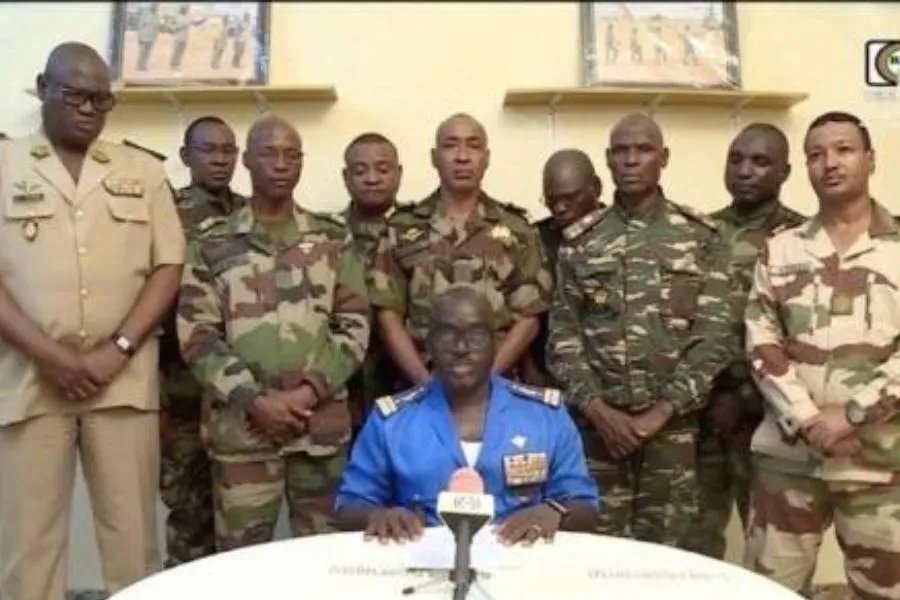Niamey, 27 July, 2023 / 9:50 pm (ACI Africa).
Nigerien streets are experiencing calm following a military coup that ousted President Mohamed Bazoum from power, a Catholic Missionary Priest serving in Niger’s capital city of Niamey has said.
In a Thursday, July 27 report sent to the Information service of Propaganda Fide, Agenzia Fides, Fr. Mauro Armanino, also confirmed that a few people were injured in the mayhem that followed the Wednesday, July 26 coup declaration.
“Everything is calm in the streets,” the member of the Society of African Missions (SMA) says concerning the coup that the soldiers said was meant to stop President Bazoum from destabilizing the West African nation
He adds, “There is little traffic on the roads than usual also because a storm is underway in the city, after the 'usual' sandstorm that has obscured the morning sun for a while.”
Fr. Armanino says that some of the people who were wounded “probably as a result of the shots fired by the Presidential Guard to dissuade the protesters around the house of President Bazoum,” have been transferred to the national hospital.








